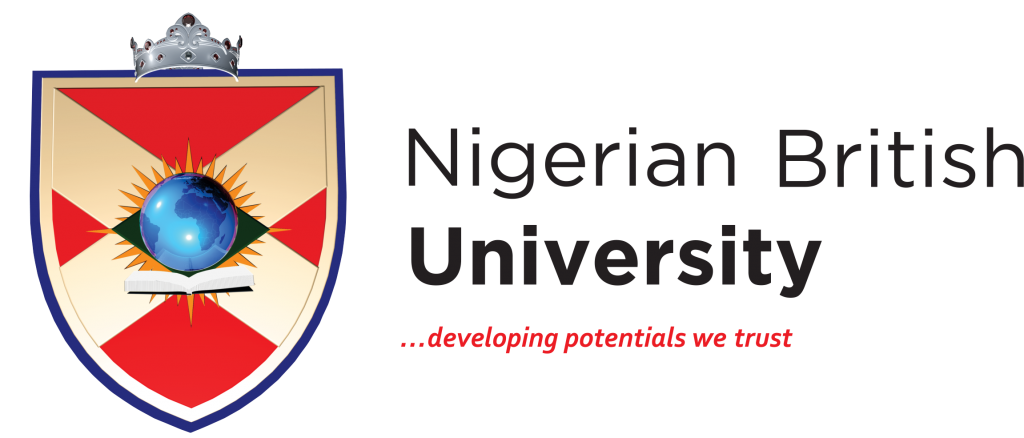Peace and Conflict Resolution
Peace and Conflict Resolution
Start date: September 2024
Duration: 4 years full-time
Course Overview
This Programme provides you with in-depth knowledge of Peace and Conflict Resolution as a field, including its historical and theoretical foundations and its key analytical and methodological approaches. Moreover, you will get insights into specialised subject areas within the field, such as civil society and social movements; media, propaganda and enemy images; and the role of the United Nations.
Peace and Conflict Resolution is a multidisciplinary programme that draws on perspectives from political science, history, law, anthropology and philosophy. Throughout the programme, we address sets of questions such as:
- Why and how do armed conflicts and other forms of organised violence arise?
- What are the systemic and structural causes? What is the impact of media, propaganda and enemy images?
- How do combatants and victims of armed conflict experience and handle their situation?
- How can violence and oppression be resisted?
- What is required to achieve peace?
- How can violent conflicts be managed and turned into peaceful conditions by peaceful means?
- What role do International Organizations and civil society play in working for peace both locally and globally?
- How do they go about their work in practice?
Why choose this course?
Admission Requirements
Candidates seeking admission into a Nigerian University should ensure that his/her JAMB result (score), Post UTME score, and WAEC grade is good, especially in the computer science subjects combinations.
Nigerian tertiary institutions now calculate your O’level results (either Waec, NECO, GCE), your JAMB score and Post UTME score, to determine whether you’re qualified or not. When all these are calculated, the aggregate score is what determines whether you are eligible for admission to study Computer Science.
Better still, candidates who got their O’level result (Waec, Neco, GCE) in one sitting have a better chance of getting admitted into their chosen institution to study Computer Science than those who are using two sittings (Combination of Waec, Neco, or GCE result).
| Level | Requirements |
|---|---|
| 'O' LEVEL | When we say O’level requirements, O’level means either your (WAEC/NECO/NABTEB) results. The Waec, Neco, and GCE result requirements for Computer Science (UTME CANDIDATES) are as follows: All UTME candidates are required to score at least, five (5) SSC credit passes in the following subjects: English Language, Mathematics, Physics, plus two (2) other science subjects (Chemistry, Agric, Economics, Geography, etc). |
| JAMB SUBJECT COMBINATION FOR COMPUTER SCIENCE. | English Language (This subject is compulsory for all UTME/DE Candidates), Mathematics, Physics You can choose one subject from any of these: Biology, Chemistry, Agric Science, Economics and Geography. (However, you should check out some Universities special Waivers.) |
| 'A' LEVEL | ‘A’ Level passes in science subjects including Mathematics. NCE merit in Mathematics and one (1) other Science or Social Science subject. |
Notes for applicants
Experience education at the forefront of technology and design future innovations which will become an essential part of modern life. From smartphone apps to global software systems and programmes, computer science is a diverse industry which is constantly expanding with a persistent need to stay ahead of the competition.


